Best to Worst: A24's 2022 Slate
Every year, critics are send big shipments of distributor awards contenders. This week, we delve into one of the most anticipated collections.
If you’re a member of a film critics group—and Keith and I are part of the Chicago Film Critics Association—you’re provided with an avalanche of For Your Consideration screeners (and links) from various distributors in the weeks before the voting deadline. Most of the major studios either have few contending titles and/or some that aren’t made available on time while many true indies (e.g. IFC Films, Magnolia Pictures/Magnet) and streaming services have far too many to take in without getting really selective about it. But there are two big screener hauls that are always worth scouring from back to front, A24 and Neon, because their slates have been carefully curated enough to make scouring possible. Over the next few weeks, I’ll be going through the A24 and Neon films I haven’t seen for year-end consideration, and ranking how they stack up here in the newsletter.
Note: Darren Aronofsky’s The Whale and Johanna Hogg’s The Eternal Daughter were not included on this list because they haven’t been sent out in screener form (yet) and home/work obligations have kept me away from screenings. I’m also not including Lukas Dhont’s Close, which is slipping in for a qualifying run but won’t really be out until January 27th of next year.
IFFY
11. Stars at Noon (dir. Claire Denis)
As longtime readers of my work know, I consider Claire Denis one of the world’s most exciting filmmakers, having championed Trouble Every Day back when it was largely reviled and written New Cult Canon entries on both that film and her 1999 masterpiece Beau Travail. Save for her 2004 film L’Intrus, which I simply could not comprehend on first viewing—despite huddling with several other film critics after it screened at TIFF—I have never met a Denis film I haven’t liked. Until now. Based on a Denis Johnson novel, Stars at Noon has the unmistakable hallmarks of a Claire Denis production, with the vibrant sensuality of her screen romances (e.g. Friday Night) and characters trying to find their way through a threatening foreign backdrop (e.g. White Material). And though Margaret Qualley plays one of the least persuasive journalists in memory, Denis makes her pop on screen, turning Stars at Noon into high-toned erotic thriller that a certain surface-level appeal. But you hope for more than surface level from Denis, who sets the film in present-day, pandemic-era Nicaragua (altered from the consequential 1984 of Johnson’s book) without clarifying the stakes.
Where to watch: Hulu (for subscribers); rental on the usual services.
10. Funny Pages (dir. Owen Kline)
My opinion aligns almost entirely with Keith’s here, though the grimy texture of Kline’s debut feature is immensely appealing, like a Terry Zwigoff movie that’s more in line with R. Crumb’s deliberately off-putting underground art than even Zwigoff himself quite managed. The Sadfie brothers co-produced Funny Pages and it has a lot of their grungy abrasiveness: Through cinematographer Sean Price Williams’ lens, the world of a high school dropout who moves to Trenton to nurture his gifts as a cartoonist looks semi-translucent, like a gas-station windshield wiper that’s been collecting filth all day. The hero’s passive drift is part of the point here—and quite funny and disturbing when he’s hanging out with two grown roommates in a basement apartment—but once he decides to take a mentally unstable former assistant colorist for a mentor, the film gets hijacked and never recovers its initial promise.
Where to watch: Rental on the usual services.
9. Men (dir. Alex Garland)
When Alex Garland made the move from novelist and screenwriter to director with Ex Machina, I was surprised by his formal audacity behind the camera, which isn’t often the case with writers who may not be used to expressing themselves in visual terms. Annihilation was an even greater leap forward, like a pop Stalker that grows more frightening and abstract as it goes along. Men has the conceptual boldness of Garland’s previous film, stranding a traumatized widow (Jessie Buckley) on a rural estate where she’s stalked and gaslighted by various men and boys—all of whom look like the oaf (Rory Kinnear) who’s renting her the place. But this is basically Block That Metaphor: The Movie. It doesn’t take long to get a feeling for what this nightmare is really about thematically, and the Wicker Man-esque folk horror doesn’t mitigate the bluntness.
Where to watch: Rental on the usual services.
SOLID
8. Bodies Bodies Bodies (dir. Halina Reijn)
A slick, unpretentious horror movie with a big high-concept hook and conventionally satisfying ending? Is this really an A24 baby or was there a mix-up with Screen Gems at the hospital? A24 would turn to Ti West (twice!) for more on-brand horror this year, but I stand by the blurb-friendly portions of my original review: “A deliriously silly and entertaining slasher-cum-whodunit in the Scream tradition,” “creates an effective pressure-cooker environment around privileged characters,” “a breezy drawing room mystery, right down to a satisfying finale that’s true to the dopey ethos of the whole enterprise.” Etc.
Where to watch: Rental on the usual services.
7. X (dir. Ti West)
Ti West’s bonafides as a prodigious student of the horror genre were well-established with The House of the Devil, his breakthrough 2009 cult favorite, which played like a much more polished version of the ’80s satanic thrillers that would line the Horror section of the video store. If X were merely a skilled facsimile of The Texas Chain Saw Massacre—as it appears to be when an adult film crew arrives at a creepy farmhouse they’re using as a set—West would have handled it fine. But there are other grace notes here, including a fun evocation of a time when porn was going mainstream and a dual performance by Mia Goth that’s especially good when she’s playing Pearl, a psychotic old woman who suggests odd layers of melancholy and desire. West and Goth would follow up on that later.
Where to watch: Showtime (for subscribers); rental on the usual services.
6. God’s Creatures (dir. Saela Davis, Anna Rose Holmer)
The Irish fishing village in God’s Creatures may seem worlds apart from the urban spaces of Anna Rose Holmer’s first feature, 2015’s The Fits, but she and co-director Saela Davis (which co-wrote the story for The Fits) are as relentlessly detail-oriented about oyster farming and packing in the Gaelic sticks as they were about a dance troupe in inner-city Cincinnati. The simplicity of God’s Creatures is both an asset and (mild) liability: We’ve seen the story of a mother (Emily Watson) so blinded by love for her wayward son (Paul Mescal) that she excuses his serious flaws, but Watson’s electric performance and the vividly realized setting at least ground it in a place that feels lived-in. When the son is accused of a horrific crime, the mother’s evolving response to the situation packs quite a lot of power.
Where to watch: Rental on the usual services.
5. Marcel the Shell with Shoes On (dir. Dean Fleischer Camp)
So freaking adorable. It’s a bit embarrassing to admit how much I liked this twee little mockumentary about a one-inch-tall shell who lives in a rental home with his aging Nanna, loves Lesley Stahl, and scoots around the floor in a carved-out tennis ball. And yet, damned if Marcel’s free associations about life as a sentient being, documented by an Airbnb tenant and circulated on YouTube, didn’t win me over with their offbeat humor and just-short-of-saccharine sweetness. It is currently my 14-year-old daughter’s favorite film of all time. There are certainly worse choices.
Where to watch: Rental on the usual services.
QUITE GOOD
4. Everything Everywhere All at Once (dir. Daniels)
At 139 minutes, the Daniels’ manic multiverse of madness gets to be too much too-muchness, enervating precisely at the point where it aspires to be most affecting. But you’d have to go back to vintage Charlie Kaufman—or maybe the Daniels’ Swiss Army Man—to find a comedy as willing to go this far out on a conceptual limb, as the proprietor of a falling laundromat (Michelle Yeoh) is called upon to save the universe during a nightmare tax audit. The various iterations of the challenges she faces—and the oft-zany way she meets those challenges—are consistently funny, surprising, and even a little ribald, and the film does pause long enough to examine her disappointments with marriage and motherhood as honestly as it can. This feels like the arthouse equivalent to an MCU movie, right down to the Russos serving as producers, but at least this multiverse feels expansive rather than narrowing.
Where to watch: Showtime (for subscribers); rental on the usual services.
3. Pearl (dir. Ti West)
The second in West’s planned X trilogy is even better than the first, trading the Texas Chain Saw Massacre setting for a technicolor Texas homestead in 1918, which just so happens to be in the middle of the Spanish influenza pandemic, increasing its twisted heroine’s sense of isolation. At times a delirious camp comedy with strong ties to The Wizard of Oz and other Golden Age fantasies, Pearl also expands on the murderous old woman Mia Goth played in X, revealing her pie-in-the-sky aspirations to leave her miserable obligations behind and become a movie star. I wrote about it at greater length here, but Pearl has stuck with me since, especially a sequence where Pearl finally scores a big audition and things do and don’t go as you might expect.
Where to watch: Rental on the usual services.
EXCELLENT
2. After Yang (dir. Koganada)
The Yang in After Yang is a “Techno sapien” companion android that craps out after a catastrophic malfunction early in the film. (Though not before an amazing choreographed dance sequence in the opening credits.) But Yang certainly meant something to the adopted daughter of busy mixed-race parents who wanted her to have a big-brother type to fill the needs that they could not. Like any confident father, Colin Farrell vows to fix the robot, but his journey leads to much larger discoveries for him and for us—about identity, family, and the component parts that add up to the ineffable thing we call a “soul.” Connections are made between Yang and humans, but the fact that an android’s life merely ends, without even dreams of an afterlife, stresses the importance of the time we have on earth. This glass-half-full atheist shed a tear or two over that.
Where to watch: Showtime; rental on the usual services.
1. Aftersun (dir. Charlotte Wells)
Forget shedding a tear or two. This one gets buckets. Wells’ outstanding first feature joins The Fabelmans and Armageddon Time as memory films about children who didn’t fully comprehend the complexities of adult life until they themselves grew up and found perspective. We don’t see much of the grown-up Sophie, but we almost don’t need to see her to understand Aftersun as a reflection on the past, as an 11-year-old (Frankie Corio) shares her last holiday with a loving father (Paul Mescal) she won’t see again. The downscale Turkish resort tells a story in itself about a man who was perhaps too young to be a husband and a father, never fulfilled his dreams, and now doesn’t have much left in his life but regret. The film keeps catching glimpses of sadness when he doesn’t think Sophie is looking, but his effort to push past the pain he’s feeling and be present for a daughter he plainly adores is utterly heartbreaking.
Where to watch: In theaters.




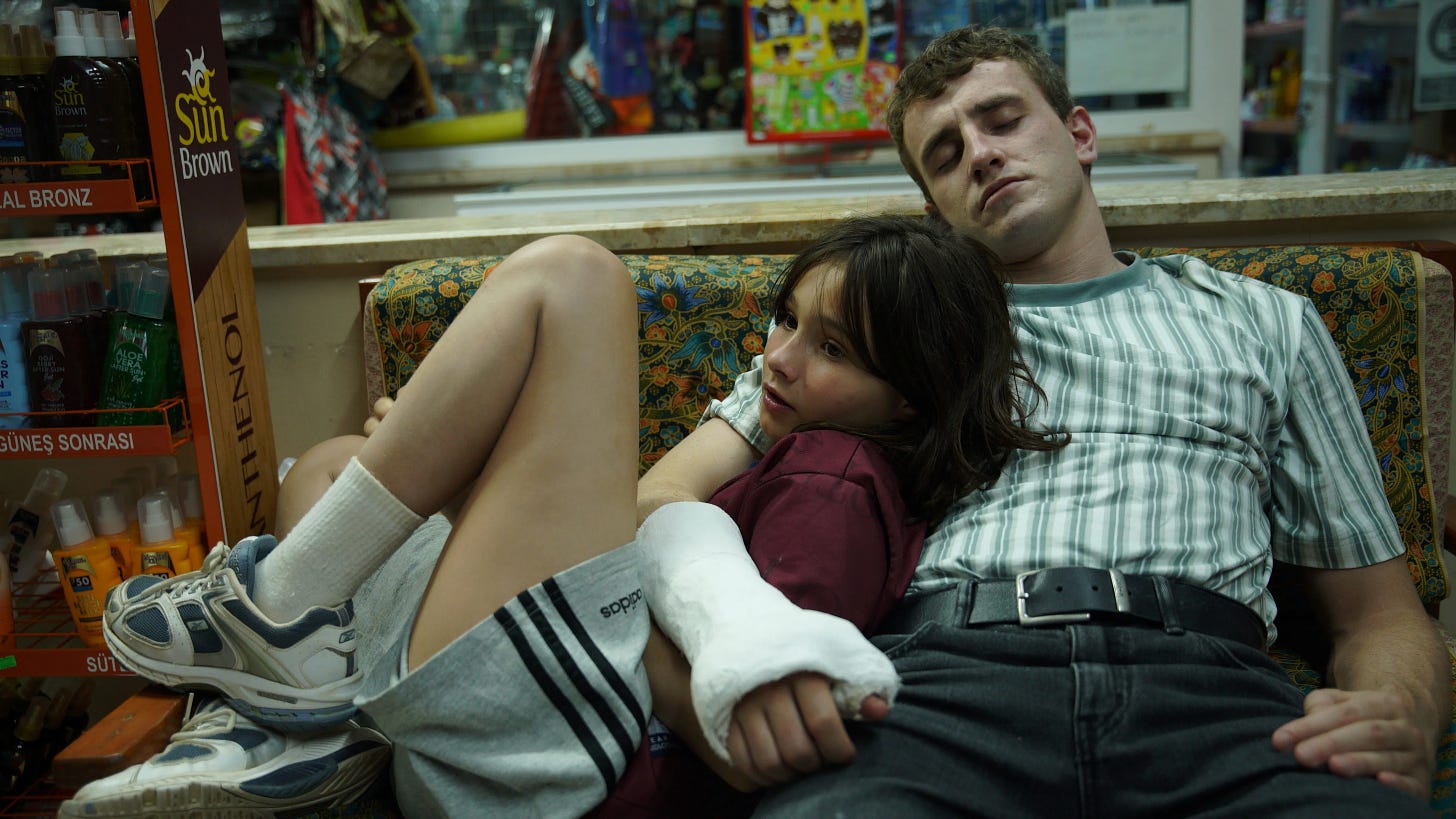
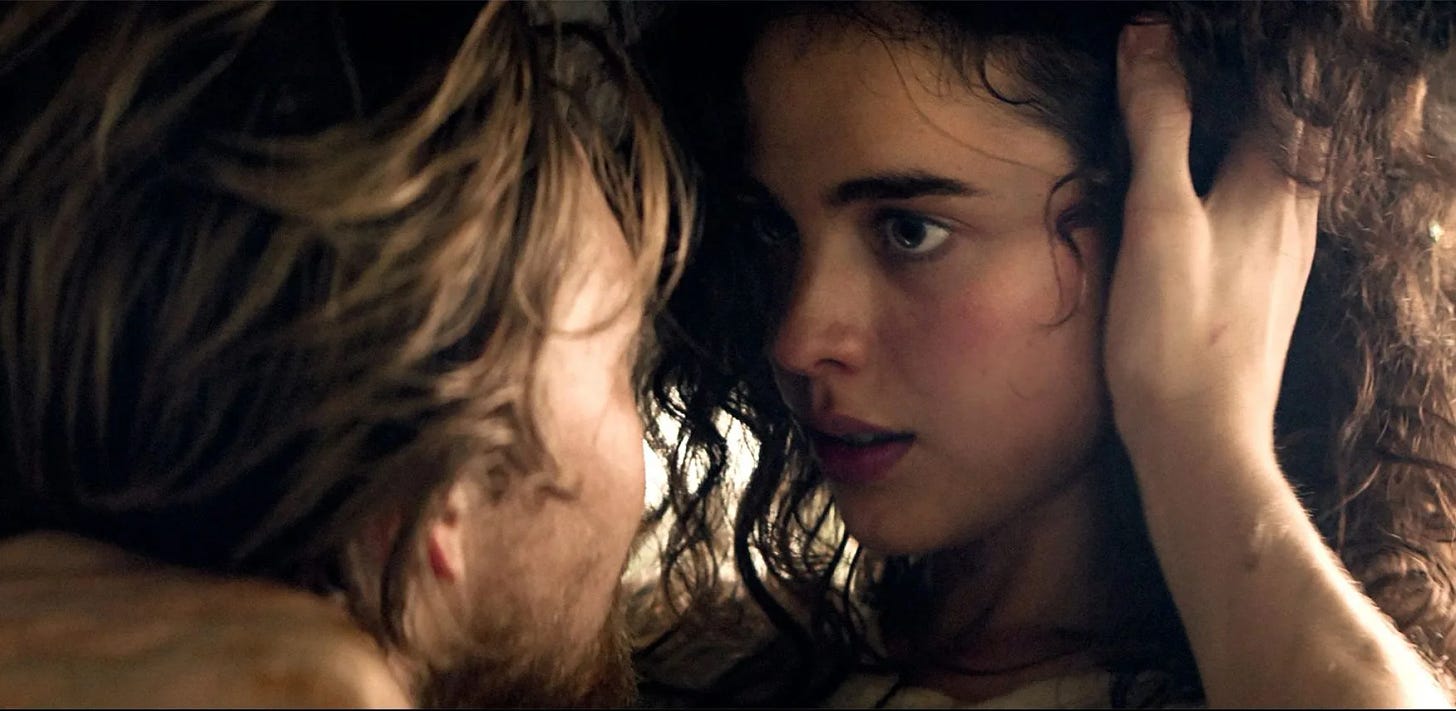
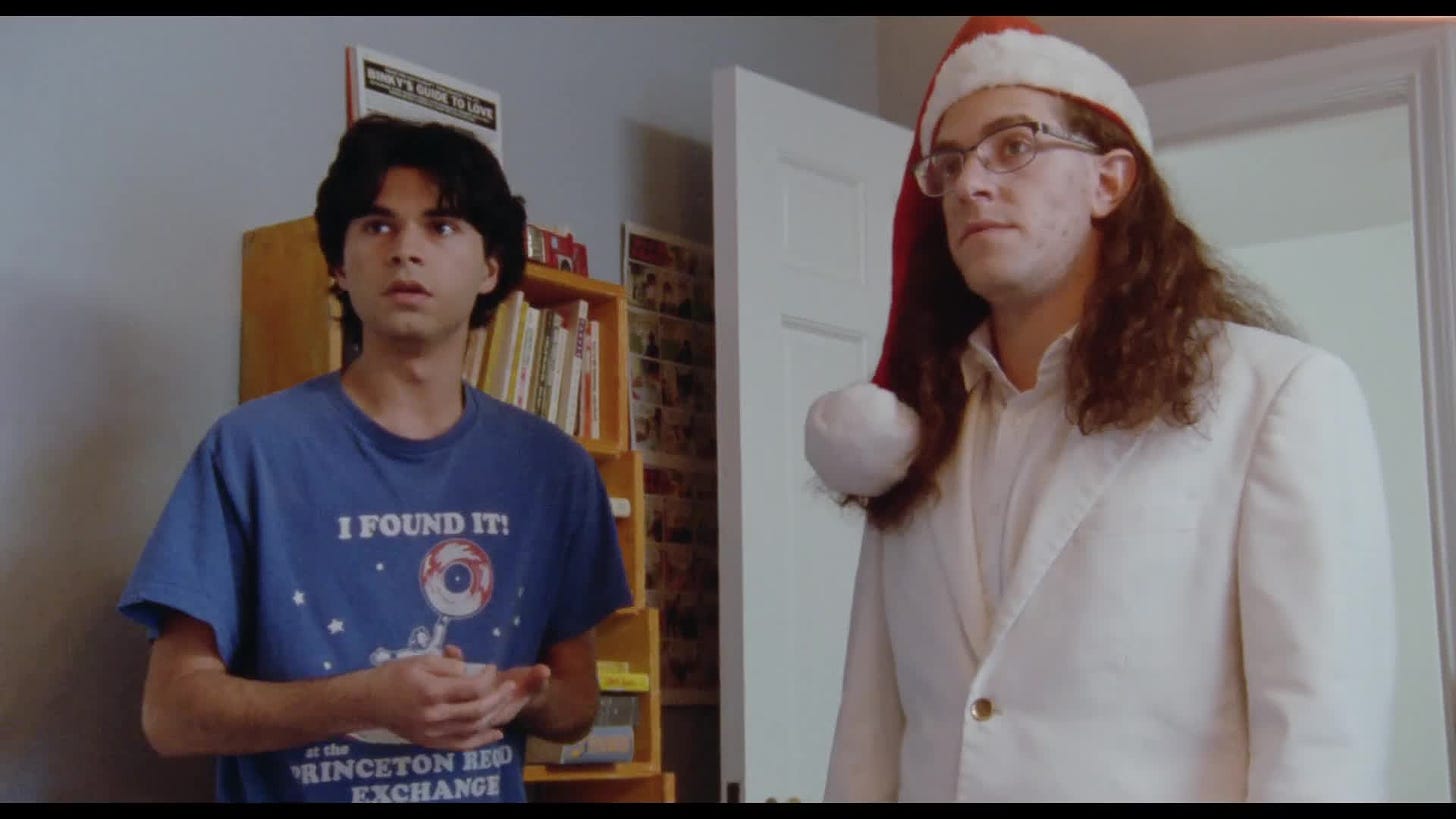
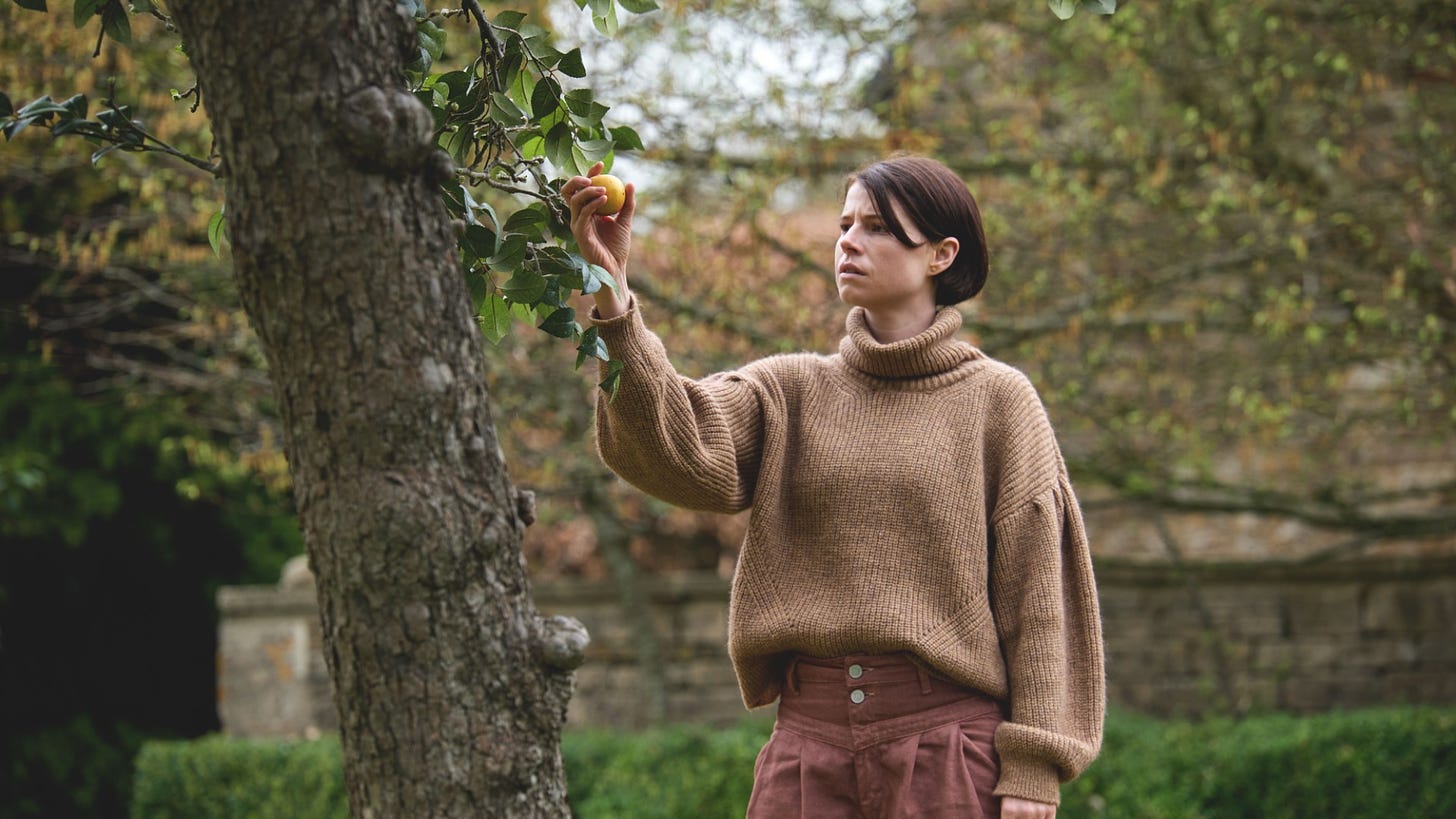
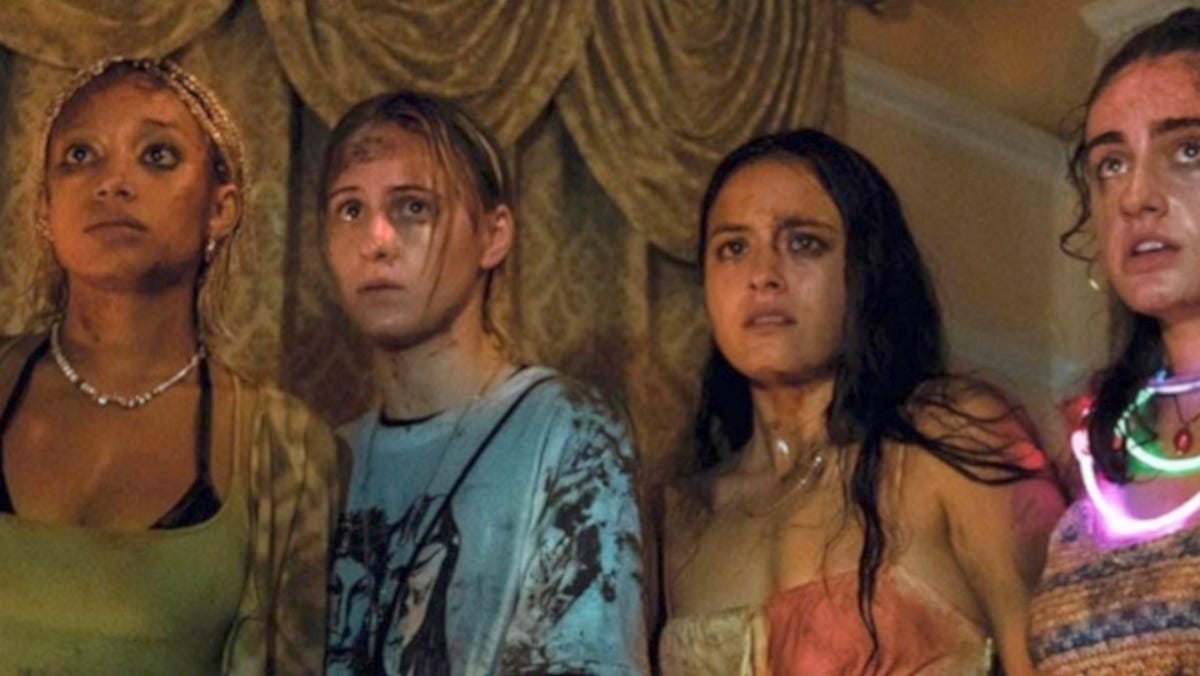
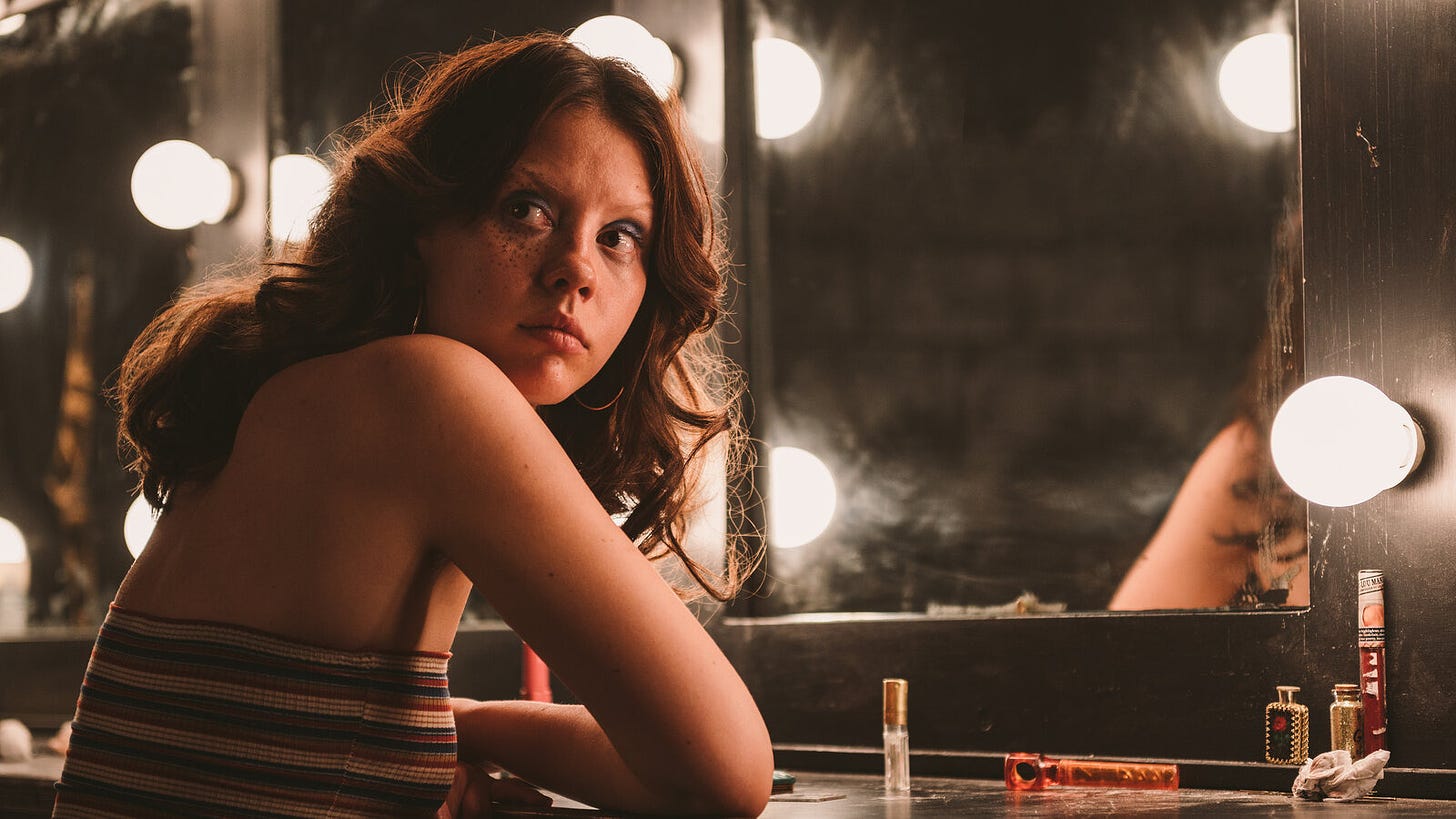
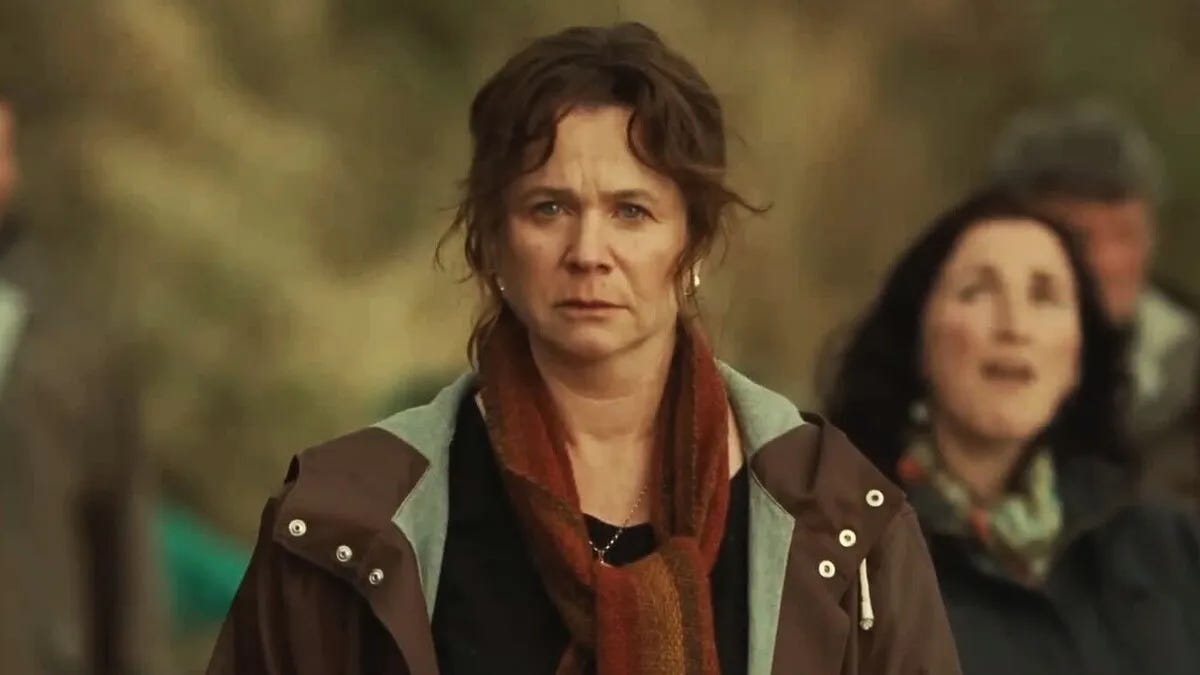

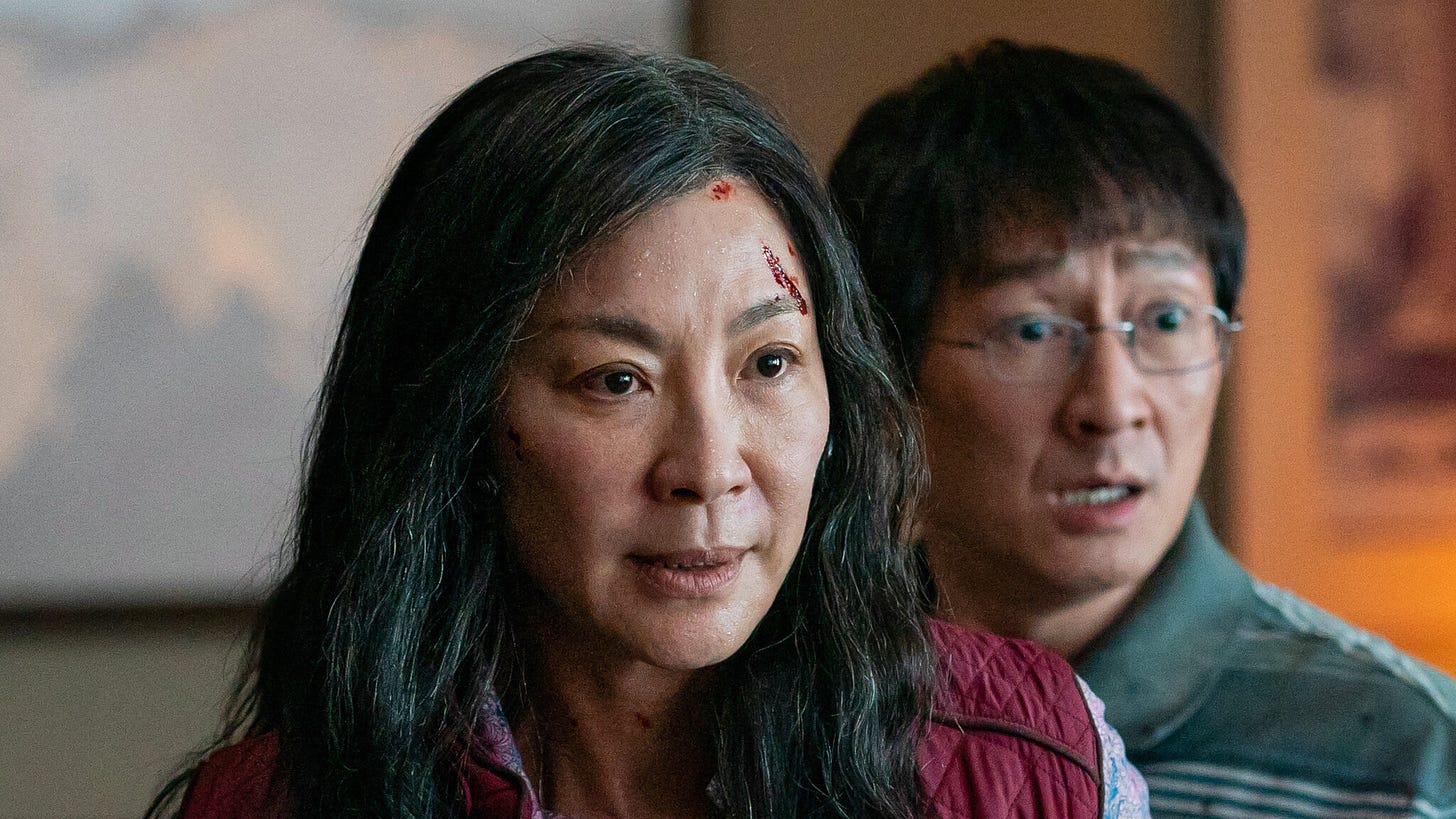


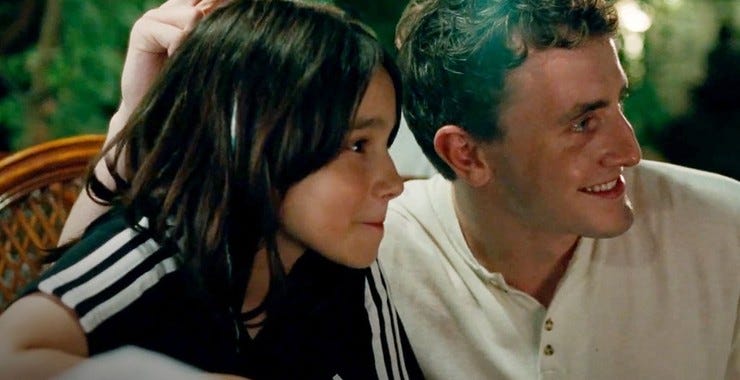
This sounds right, but can we all agree that "Everything Everywhere All at Once" is the movie people will still be watching 100 years from now?
Is my worst take that I would swap Men (I was chilled and riveted) with EEAAO (I was exhausted)?